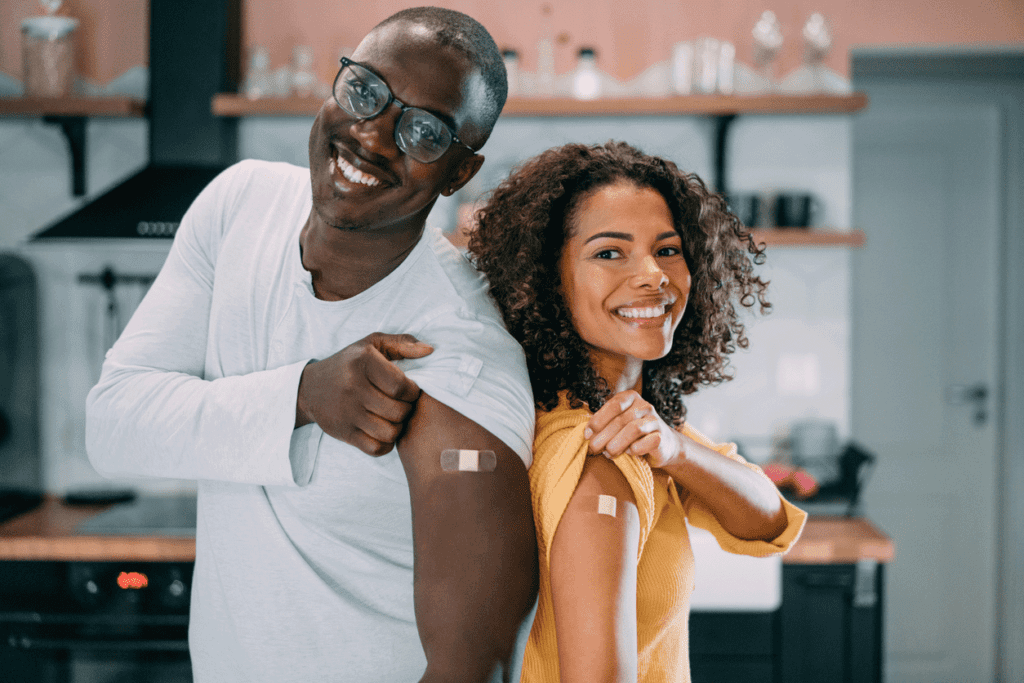
HPV infections are common and can elevate a person’s risk of cancer. Getting the HPV vaccine is an effective way to lower that risk.
Human papillomavirus (HPV) is a very common and often misunderstood sexually transmitted infection (STI). HPV is a viral infection that is spread through sexual contact ranging from skin-to-skin contact to penetrative sex. HPV infections are incredibly common in the overall population. Almost all people who become sexually active are exposed to the virus in their first few years.
Fortunately, not all HPV infections are created equal. This is because there are multiple strains of the virus that are broadly categorized as low-risk or high-risk strains. The risk used to categorize them is the risk of causing cancer. Low-risk strains are unlikely to cause symptoms beyond local warts, while the high-risk strains can potentially cause cancer in infected patients.
Various organs at risk
The good news is that our immune systems do a great job at containing and clearing most HPV infections. However, some infections with high-risk strains prove difficult for such control. Consequently, their persistence results in precancerous changes in infected cells that can eventually progress to cancer without intervention.
HPV-related cancers can affect various organs including the cervix, anus, penis, vagina, vulva, oral cavity, and pharynx (throat). In the United States, HPV causes around 3 percent of all cancers in women and 2 percent of all cancers in men. By far, cervical cancer is the most common cancer attributed to HPV infection around the world. We have effective strategies to prevent infection by high-risk HPV strains as well as screen for cancerous changes caused by them. For this post, we’ll focus on ways to prevent infection.
Age requirements for HPV vaccine
There is a very effective vaccine against high-risk HPV strains that is estimated to prevent as much as 90 percent of HPV-related cancers. Receiving the vaccine earlier is associated with better protection and can be initiated as early as 9 years of age. Experts strongly recommend the vaccine through age 26. Notably, the vaccine is recommended for all sexes since HPV-related cancers can affect anyone.
Not everyone may have been able to receive this vaccine when they were younger as it may not have been widely available then. Fortunately, the upper age limit of vaccination has gradually increased. Anyone between the ages of 27 and 45 can now receive the vaccine but the benefit they derive from it may be limited. That’s because most adults in that age group have already been exposed to HPV. A decision on whether to seek vaccination in that age group should be individualized based on a discussion with your provider. It is particularly important to individuals who may suffer from immunocompromised states due to other diseases.
In summary, HPV infections are common and can elevate a person’s risk of cancer. Getting the HPV vaccine is an effective way to lower that risk and even middle-aged adults can derive some benefit from vaccination.
Primary.Health-powered large-scale vaccination clinics — for HPV or other routinely administered vaccines — are an easy, affordable way to protect the health of your school or community and close immunization gaps.
Disclaimer: This blog content and linked materials are not intended as individual medical advice, diagnosis or treatment, and should not be considered as such. Any readers with medical concerns should contact a licensed healthcare provider. This blog is provided for informational purposes only.
